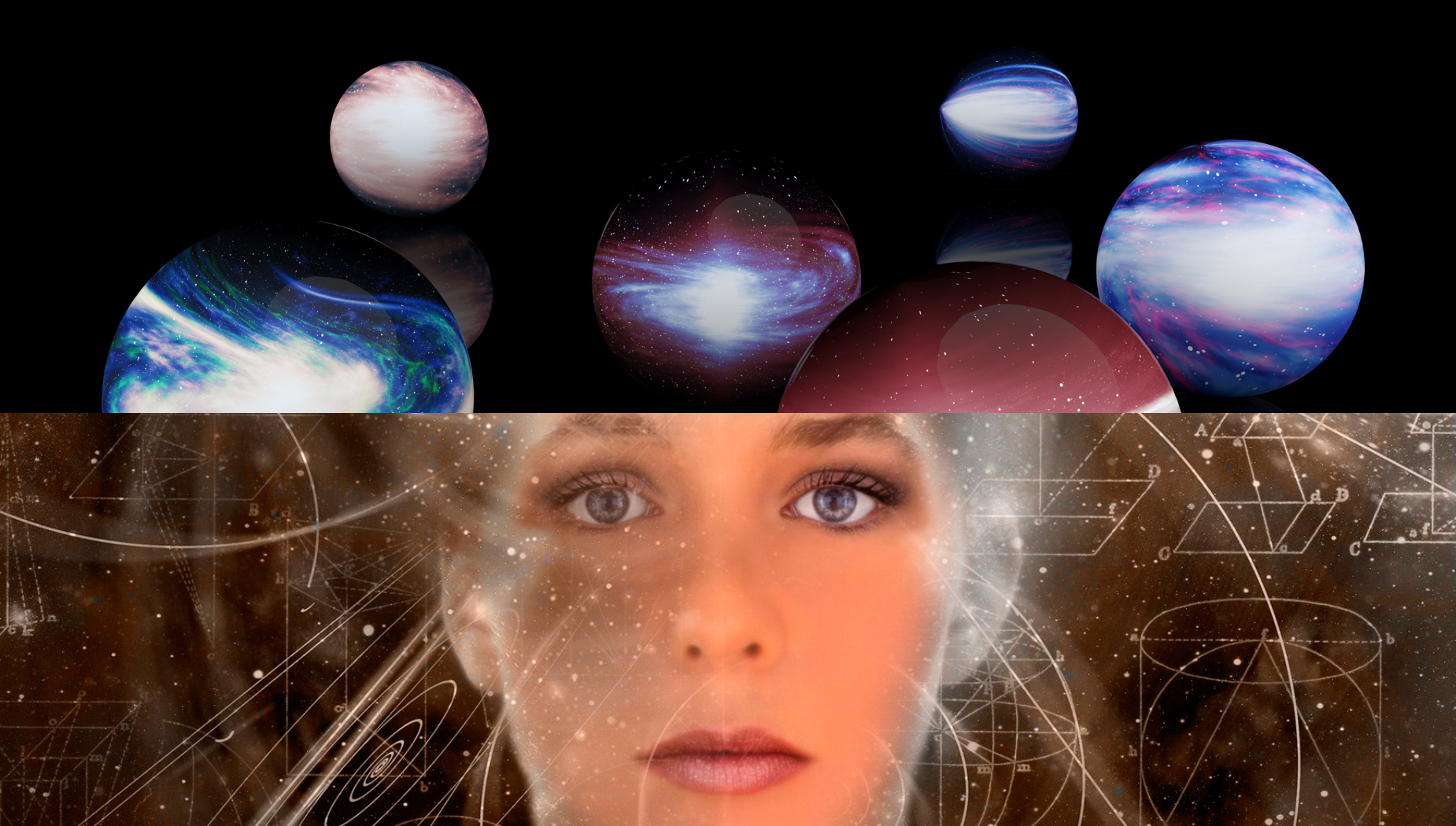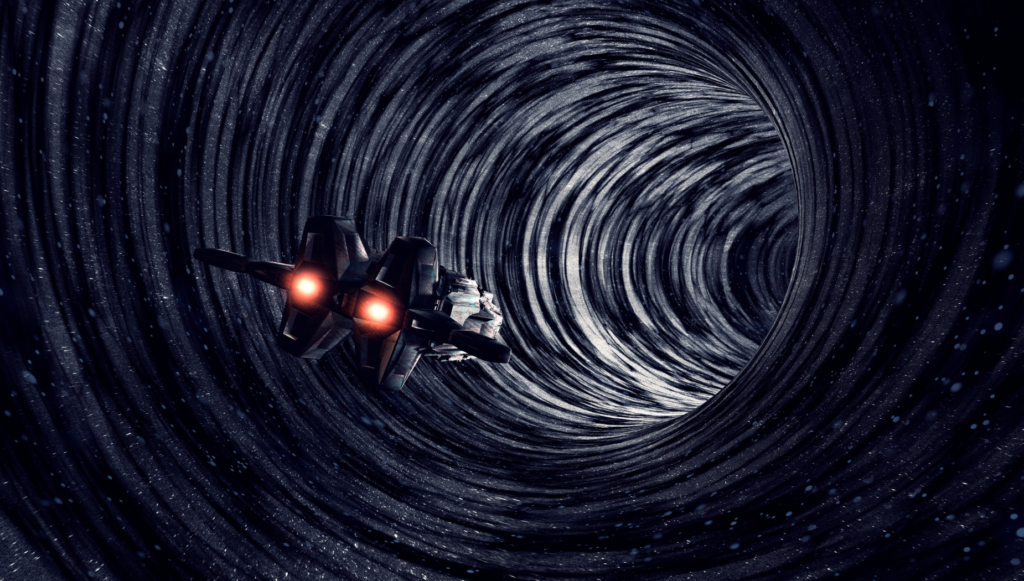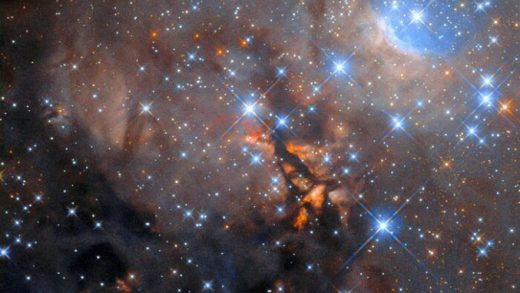Does everything happen at the same time or at a separate timeline?

When you look at the world around you, it might seem like everything happens at the same time – that we’re on a giant timeline. But what if we each have a timeline of our own? A new theory suggests that we each have our own time line, and that there are infinite other timelines happening in parallel with our own. That means there are an infinite number of versions of us out there.
This idea has been bouncing around for quite some time among physicists and philosophers, and it’s called the Many-Worlds Theory. In the 1950’s, physicist Hugh Everett developed it to explain how quantum physics might work. Under Everett’s Many-Worlds Theory, each time a choice is made, our world splits in two to create two timelines – one where we choose option A and another where we choose B. Some people have built on this theory and proposed that these timelines can split again into an infinite number of parallel worlds.
Here’s why many people think there are infinite worlds just like ours: any splitting of worlds can happen at any time and for any reason. For example, imagine someone walking down the street and running headfirst into a tree branch that falls on him. The moment he chooses to run or not to run, the world splits in two – one where we didn’t have the branch and another where we did. The same thing could happen in the future because it happened in the past.
One of these timelines could be a lot like our own, while another timestream could be completely different from ours. So how would we ever know which one is real? That’s what makes this theory so intriguing.
The idea that there are an infinite number of parallel timelines is difficult to wrap our heads around. But many physicists are warming up to the idea that this could be a legitimate theory. It might even explain the nature of reality. If, for example, we never affect each other in any way, then each of us might be living in a separate world – one that’s completely different from the rest.
If this theory is correct, the whole idea of reality would be up for grabs. There would be no such thing as “us” and “them.” Our entire perception of the universe – everything we see and experience – would be dependent on something so small that we can’t even see it, like a quantum particle. It’s easy to look at the world around us as solid and real, but in reality nothing is solid. Everything is floating in a sea of possibilities – every possible outcome is equally valid.
So how do we choose which one of these worlds to live on? If any one situation is possible (and maybe even probable), why pick one time line over another? Once it’s chosen – what happens next?
We could be stuck in a loop forever with no hope of escape. Because once something has happened, it can’t be undone, what’s the point of living in a world where everything is predetermined?
It’s like being hit by a truck – once you’re dead, there’s no point in going back and trying to live the best life you could have. All your options are gone. Is this how we want to live? What if one version of us tries our best to make a positive difference and another one doesn’t – or vice versa? If both versions are equally likely, there isn’t exactly incentive for either of us to make significant changes. In fact, if one version of us makes a mistake, then the other version can take advantage of it. This theory suggests that life is unpredictable and unfair; that there isn’t much we can do about it.
If both timelines are equally real and independent, we lose our free will – because there’s no point in having it. We’re left with no choice but to play the cards we’re dealt. Our experiences would be predetermined by something beyond our control. This is a scary idea – more frightening than facing the unknown – because there’s no way out. If one timeline is predetermined, you’re stuck on that time line for good.
Does everything have to have a cause?

No, rather, anything that happens is the effect of a cause from before.
For example, I wonder what the weather will be like tomorrow. The answer is the effect of various causes that have occurred before today and are likely to occur after today.
I wonder what will happen if I steal a child’s lollipop, does it have a future cause? Yes and no. Yes because stealing a lollipop is against the law and has negative consequence for me and such an act is often stopped by security or police. No because then my own future cause is an act of theft, but because I did that to cause the future effect and if I left the scene they would not be able to find out I was there or that the lollipop was stolen. So yes, both in a way it has a less worst consequence for me and my lollipop than just walking off with it.
There is no such thing as free will

The only free will we have is our ability to choose to do nothing rather than go on with a course of action. In each moment you have the choice to do nothing or choose not to do whatever you are doing. You are, in the end, a passive participant in the universe.
If you can choose to do nothing, and you choose to do nothing, that is your free will. If you don’t want to do something, close your eyes and imagine doing something else for a few minutes until a new idea comes into focus. Or could you choose not to decide what to do? You could simply be going through the motions of life and not really being aware of it. Every second there is still choice but we don’t notice it because it is so automatic that we are unaware of the process even though we are making decisions all the time.
Concluding paragraphs
To summarize, if you are passive and choose to do nothing, you have free will. If you are passive and simply go through the motions of life then you have no free will. The only exceptions (if there are any) would be times when an event immediately influenced our behavior in the past and we couldn’t easily back out of it (like our accident yesterday), and so we had no choice but to react.
In this sense, every sequence of random events could be considered “free will“, but because of the laws of probability there is a greater likelihood that our choices in reaction to those random events are causes that we can trace back to before our birth.
Auto Amazon Links: No products found.


